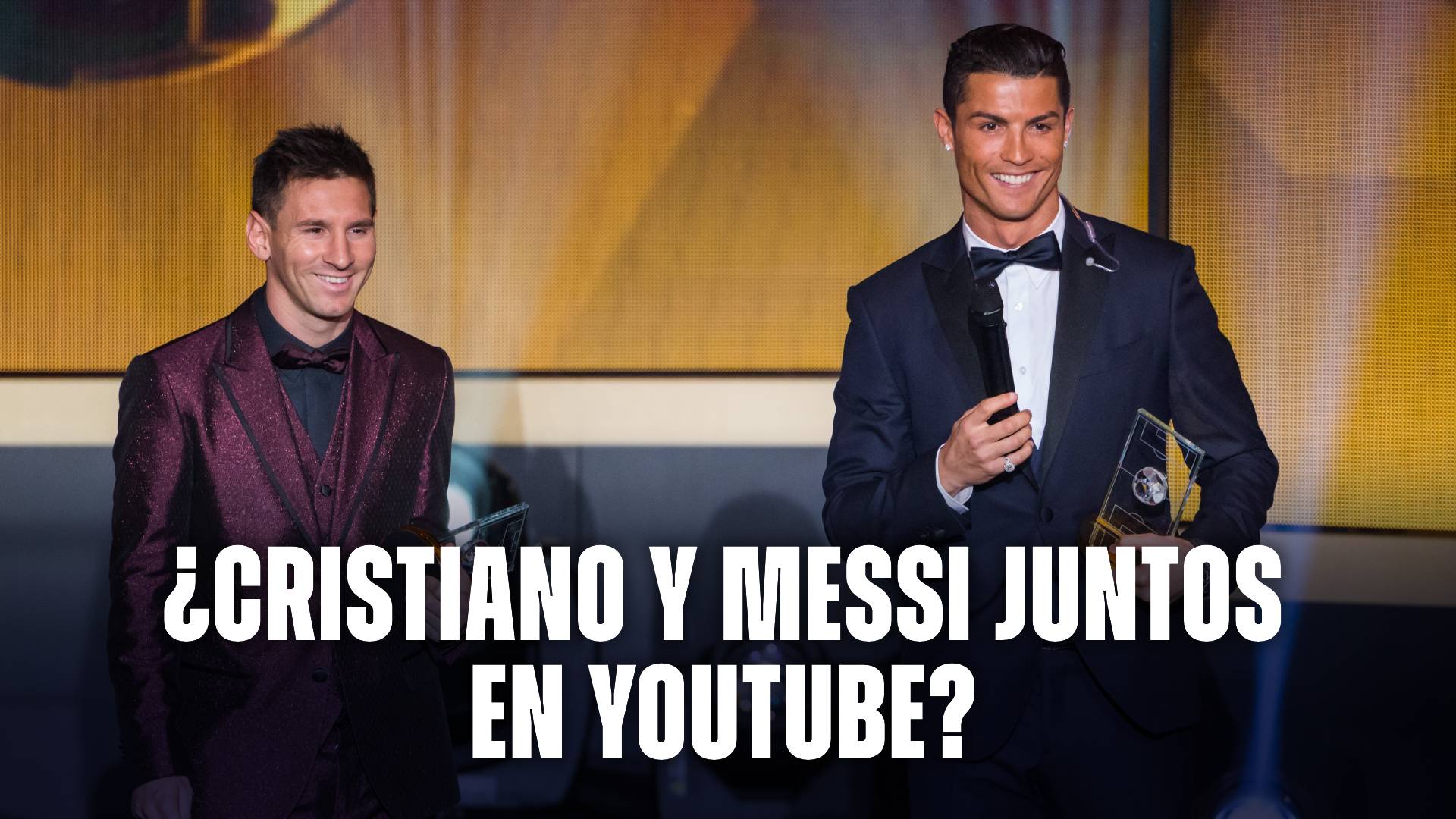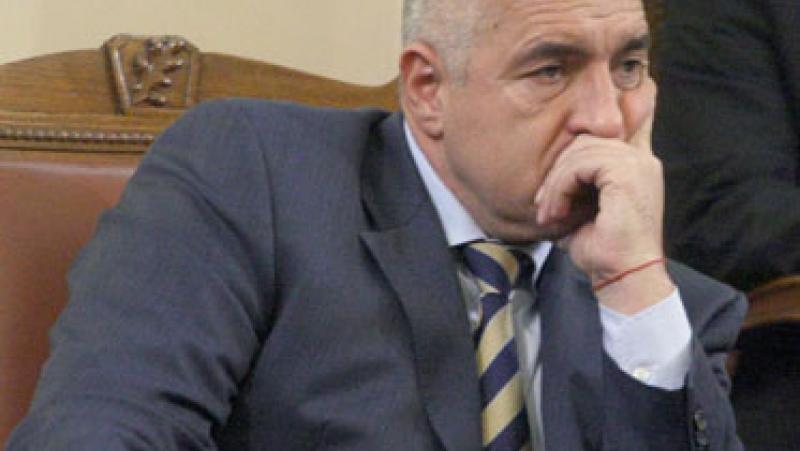Table of Contents
News hour
If Femke Halsema were to repeat the press conference the day after Ajax-Maccabi Tel Aviv, she would not use the word ‘pogrom’ again. The Amsterdam mayor believes that the term has been used as “propaganda” by, among others, the Israeli government and politicians in The Hague. “I didn’t mean or want it that way,” she says News hour.
In the press conference on Friday, November 8, Halsema said: “Boys on scooters criss-crossed the city looking for Israeli football supporters. It was a hit and run. I understand very well that this brings back the memory of pogroms.”
The mayor now emphasizes that she did not want to make a direct comparison with pogroms, but that she wanted to express the sadness and fear of Jewish Amsterdammers. “But if I had known that it would be used politically in this way, including as propaganda, I don’t want anything to do with that.”
What is a pogrom?
A pogrom is an organized violent attack on a specific ethnic or religious group. The term has its origins in Russia, where Jews were regular victims in the 19th and 20th centuries. In the Netherlands, the term is mainly used to describe the raids against Jews in the Second World War.
Halsema is not happy with the reactions of politicians in The Hague to the violence in her city. They “hijack” the word pogrom to discriminate against Moroccan Amsterdammers and Muslims, she says. She is also disappointed that several cabinet members speak of an “integration problem”. “What is that necessary for and what is it based on? People have the feeling that they are right after 9/11 again, that they have to answer for themselves. But these are individuals who have seriously misbehaved.”
The Hague qualifications cause more division in her city, says Halsema. “I would like to appeal to The Hague: go to work and don’t argue. Whatever your political background.”
During an emergency debate in the Amsterdam city council last Tuesday, Halsema said that she continues to support the word ‘pogrom’:
Halsema about the word pogrom: ‘I don’t take that back’
The mayor has been in discussions with various communities in her city in recent days. She hopes to allay the fears of her residents and combat polarization. “People must be able to live together. The word connection has become dirty.”
She further acknowledges that the triangle – municipality, police and Public Prosecution Service – has not fully succeeded in keeping the city safe. “Painful,” says Halsema.
Independent research
She emphasizes that action was taken “to the best of our ability” and that the security services were “very prepared”. To find out how things could go so wrong, she wants to have independent research done.
“I cannot deny that we are surprised by what happened that night.” Halsema said he received no indications from security services in advance that things would get out of hand.
The police now have 45 suspects in the picture for committing criminal offenses surrounding the Ajax-Maccabi Tel Aviv match, including several Israelis. Nine of the suspects, all of Dutch nationality, are in pre-trial detention. Based on, among other things, the analysis of a large amount of footage, the police expect that the number of suspects will continue to increase.
Watch the entire conversation with Halsema here:
Mayor Halsema about the violence in her city
What were the causes and consequences of the violence that erupted in Amsterdam after the Ajax-Maccabi Tel Aviv football match?
Introduction
Interviewer: Good afternoon, welcome to World Today News. We are here today with Femke Halsema, the mayor of Amsterdam, and a prominent figure in Dutch politics. Our topic of discussion today is the recent violence that took place in Amsterdam following the Ajax-Maccabi Tel Aviv football match. Can you both give us your perspective on what happened and how it has shaped the city’s current political climate?
Guest 1: Of course, my name is [Guest 1], and as a resident of Amsterdam, I am deeply concerned about the inflammatory language that surrounded the incident. Mayor Halsema’s use of the word ‘pogrom’ was highly controversial and seemed to fan the flames of prejudice and discrimination against Moroccan and Muslim communities in the city. I believe that as a public figure, her responsibility lies in promoting unity and calm rather than adding fuel to the fire.
Guest 2: Hello, I am [Guest 2], and as an Israeli journalist, I find the events that transpired deeply troubling. While I understand that Mayor Halsema was trying to convey the gravity of the situation, her choice of words was unfortunate and led to many misunderstandings and misconceptions. However, I also believe that the violence that unfolded can’t be brushed aside as simply as ‘youthful misbehavior’. It is crucial for our society to address the root causes of such ugly incidents and ensure that they do not happen again.
Mayor Halsema: Thank you for having me. The violence that occurred in my city was indeed unacceptable and shocking. However, I stand by my use of the word ‘pogrom’. As a political figure, it is my duty to speak honestly about the experiences of various communities in Amsterdam, including those of Jewish residents who were targeted during the violence. I do not regret using that term, and I believe it accurately reflects the fear and trauma felt by many.
section 1: The use of the term ‘pogrom’
Interviewer: Let’s discuss the term ‘pogrom’. Mayor Halsema, you have faced criticism for using it to describe the violence that took place in Amsterdam. Can you explain your choice of words?
Mayor Halsema: Yes


